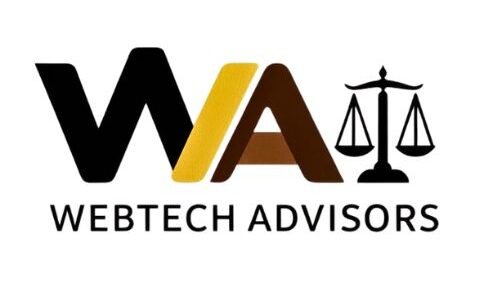12A and 80G Registration
Obtain tax exemptions and increase credibility for your NGO or charitable trust with 12A and 80G registrations.
About 12A and 80G Registration
12A Registration allows Non-Governmental Organizations (NGOs) and charitable trusts to be exempted from paying income tax on their surplus income. It is a one-time registration that serves as proof of the organization’s commitment to its charitable objectives. 12A registration ensures that the organization operates exclusively for charitable purposes, such as providing relief to the poor, promoting education, or advancing social welfare.
80G Registration enables donors to claim tax deductions on the donations made to NGOs or charitable organizations. The donor can receive a deduction of up to 50% of the donation amount, subject to certain conditions. It not only encourages donations but also enhances the credibility of the organization. This makes it more likely for the organization to receive larger and more frequent donations, as contributors can benefit from tax relief.
Benefits of 12A and 80G Registration
Attracts Foreign Donations (FCRA Eligibility)
– NGOs with 12A & 80G registration can easily apply for FCRA registration, allowing them to receive foreign contributions.
- Encourages Corporate Partnerships – Companies prefer to collaborate with registered NGOs for CSR initiatives, sponsorships, and partnerships.
- Reduces Operational Costs – Tax exemptions help NGOs allocate more funds toward their core activities rather than tax payments.
- Exemption from GST on Services – Certain registered NGOs may get GST exemptions on services related to charitable activities, reducing tax burdens.
- Recognition in Government & Social Sectors – Registration enhances an NGO’s credibility, increasing its chances of getting support from ministries, foundations, and social enterprises.
- No Expiry of 12A Registration – Once an NGO is registered under Section 12A, the exemption remains valid unless revoked due to non-compliance.
- Increased Volunteer & Public Support – People are more likely to volunteer and support legally registered NGOs due to trust and transparency.
- Smoother Financial Transactions – Banks and financial institutions trust registered NGOs, making account openings, transactions, and credit approvals easier.

Eligibility Criteria for 12A and 80G Registration
- The organization must be established for charitable purposes, such as education, relief of the poor, medical relief, etc.
- The organization must be registered under the Indian Trust Act, Societies Registration Act, or the Indian Companies Act, 2013.
- The organization must not be engaged in political activities.
- The organization must maintain proper books of accounts and comply with annual filings.
How to Register for 12A and 80G Registration?
- Submit the application to the Income Tax Department in the prescribed format.
- Provide necessary documents, including the organization’s memorandum, trust deed, or registration certificate.
- Maintain financial records, including income and expenditure statements and balance sheets.
- Once the application is reviewed, the Income Tax Department will issue the registration certificate for both 12A and 80G.
Renewal of 12A and 80G Registration
While 12A registration is generally a one-time process, 80G registration needs to be renewed every five years. The organization must maintain updated financial records, comply with the prescribed conditions, and file an annual return to continue availing of the benefits of both registrations. Failure to renew the registration may lead to the loss of tax exemption and donation deduction benefits.
